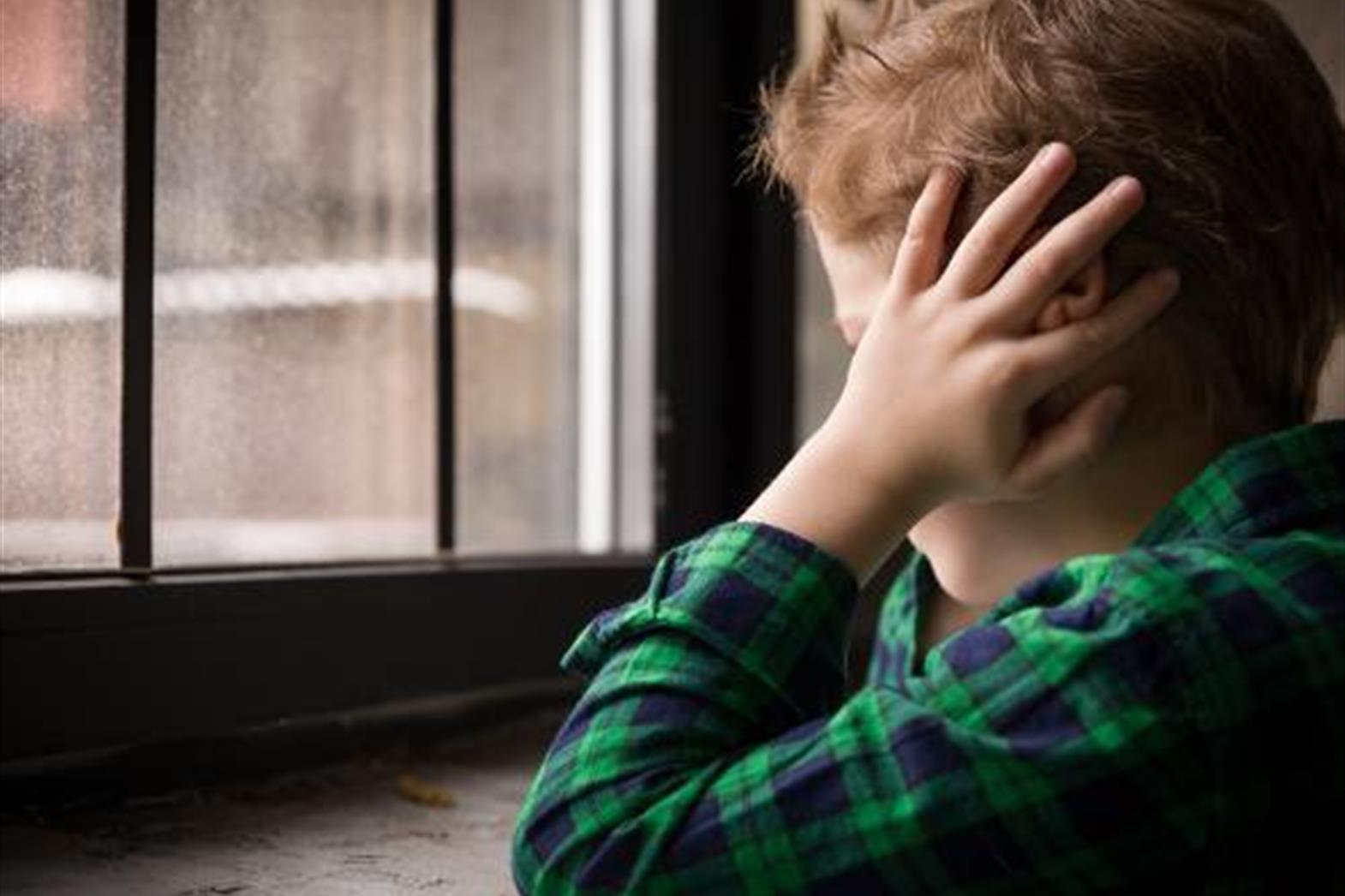Photo Credit:
Louis Galvez on Unsplash

This webinar is about understanding trauma. In this session Catherine Rahey discusses the definition of trauma, the types of trauma that exist and understanding how the brain and body respond to stress and trauma.

In this webinar we will be discussing the impact trauma has on individuals with neurodiverse needs and the developing brain.

Join Autism Nova Scotia and AIDE Canada for the third in a four-part series on Autism and Trauma.

In this Webinar we will be discussing strategies for supporting social emotional competence as a framework for responding to challenging needs through a trauma informed lens.

Listen to the first Storytelling Video Series for the Bi pi maadzing zaagidwin teg jichaaming / Circle of Life in the Spirit of Love project. Developed by Surrey Place, the series reflects voices and perspectives from Indigenous caregivers and individuals with intellectual and developmental disabilities living in Northwestern Ontario. Our first episode features Joyce, a mother advocating for and supporting her son with autism in Kitchenuhmaykoosib Inninuwug First Nation, also known as Big Trout Lake, Ontario.

This webinar features Canadian psychologist, Debra Pepler as she discusses approaches to supporting children with autism to have safe and harmonious relationships with peers. By supporting children with autism and their peers, we can promote healthy relationships, which in turn, support healthy development and prevent the long-term harms associated with bullying and victimization.

Post-traumatic Stress Disorder (PTSD) is a mental health condition that can be difficult to recognize and treat in individuals with social communication challenges. This workshop will discuss why trauma is often overlooked in Autistic individuals and how to enhance awareness of PTSD and support effective intervention.

Neurodivergent persons have a higher risk of being diagnosed with Post-traumatic Stress Disorder (PTSD) and have higher rates of sexual abuse than their neurotypical peers. This toolkit was a direct request from focus groups with autistic self-advocates. PTSD can be extremely challenging, but there are resources available to help. We have made every effort to avoid triggering persons while still providing relevant and useful information. There are also additional resources and suggested readings at the end of the toolkit if you would like to learn more about this topic. This toolkit is broken into two parts: 1) Understanding Post-traumatic Stress Disorder (PTSD), and 2) Moving Forward from PTSD.

In Part 2: Moving Forward, we discuss how to decide who you want to talk to about your assault, describe the process for filing a police report (if you choose to do so), and provide guidance on what sort of therapies are available for PTSD and what possible modifications may need to be made to better support neurodivergent patients. We also include narratives from our two anonymous contributors who will share their own experiences and what worked for them. Additional resources and recommended reading are provided at the end of the toolkit.

Post-traumatic Stress Disorder (PTSD) is a mental health condition that can be difficult to recognize and treat in individuals with social communication challenges. This workshop will discuss why trauma is often overlooked in Autistic individuals and how to enhance awareness of PTSD and support effective intervention.


